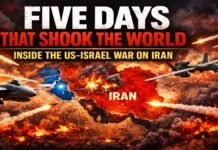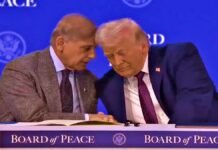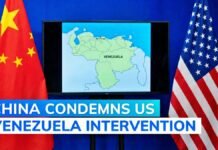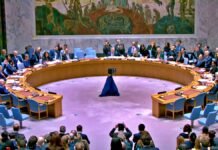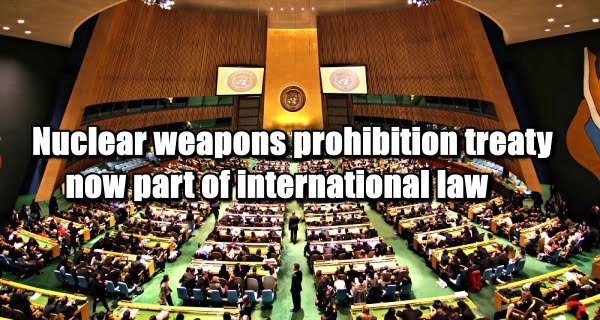
United Nations: The first-ever treaty banning nuclear weapons came into effect on Friday. It is being described as a historic step to get rid of the world’s most lethal weapons. However, countries armed with nuclear armaments have strongly opposed it.
The Nuclear Weapons Prohibition Treaty is now part of international law. At the same time, a decades-long campaign to prevent a recurrence of the US nuclear bombing of Japan’s Hiroshima and Nagasaki cities in 1945 in the final phase of World War II seems to be successful.
However, the need for ratification of this treaty by all countries for not possessing such weapons seems impossible, but very difficult in the current global environment. The treaty was ratified by the United Nations General Assembly in July 2017 and ratified by more than 120 countries.

But those nine countries armed or likely to have it, those nine countries – America, Russia, Russia, Britain (Britain), China (China), France (France), India (India), Pakistan ( Pakistan), North Korea, and Israel never supported the treaty, nor did the NATO coalition of 30 nations support it. Japan, the only country in the world to have suffered the horrors of a nuclear attack, also did not support the treaty.
Beatrice Finn, executive director of the international campaign to eradicate nuclear weapons, described it as a historic day for international law, the United Nations, and the victims of Hiroshima Nagasaki. The treaty received 50th ratification on 24 October 2020 and came into effect from 22 January.
Finn said on Thursday that 61 countries have ratified the treaty and another ratification is expected on Friday. With this, nuclear weapons will be banned in all these countries from Friday through international law.







